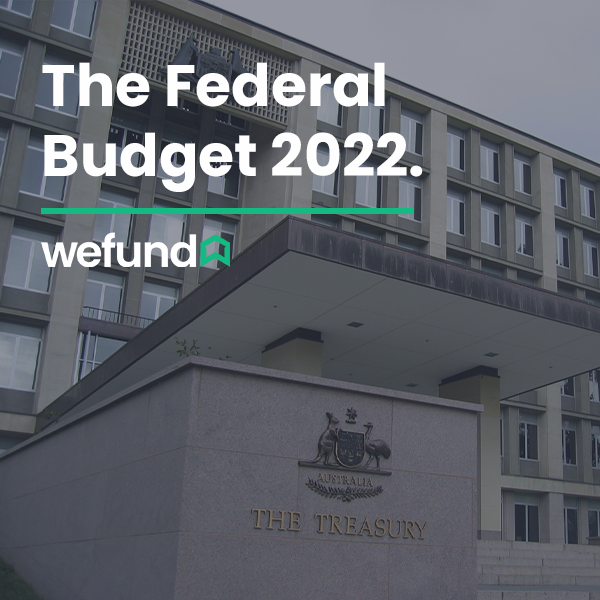
Federal Budget 2022: What it means for property developers
The headline items from this year’s budget should be welcome news to most Australians. Namely, cost-of-living relief and a reduction to the fuel excise. The government will reduce fuel excise by 50 per cent for 6 months, which will see the tax on petrol and diesel cut from 44.2 cents per litre to 22.1 cents per litre.
First home buyers were given a boost with the government announcing a range of extensions to its existing affordability measures. These include:
- Expanding the Home Guarantee Scheme to make available 50,000 places per year, more than double the current number of places available. A new Regional Home Guarantee will also be established, while the number of places under the Family Home Guarantee supporting single parents will double.
- Increasing the maximum amount of voluntary contributions that can be released under the First Home Super Saver Scheme from $30,000 to $50,000.
No relief for BTR developers
One item that wasn’t included in the budget was a reduction to the withholding tax incurred by foreign investors on build-to-rent (BTR) developments.
Earlier this month, a report into housing affordability and supply was released following an inquiry chaired by Liberal MP Jason Falinski. It recommends the Morrison government conduct a review into the BTR housing market and how it is affected by current regulations and tax policies.
The report notes that while BTR is still in its infancy here in Australia, it would ultimately provide consumers more choice and has the potential to increase security of tenure. Critically, the Falinski report suggested stamp duty be scrapped altogether.
Removing tax barriers for BTR and other emerging products was one of the key tax policies put forward by the Urban Development Institute of Australia (UDIA). The Institute argued that the rules urged the government to removing tax-related barriers to new or emerging product, such as the current rules discourage institutional investment in affordable Build-to-Rent over other asset classes.
Huge infrastructure pipeline
While the budget made no changes to property taxes, it did include what Treasurer Josh Frydenberg called an “unprecedented” infrastructure investment.
This is great news for property developers across regional Australia, with funding promised for new and existing projects in the Northern Territory ($2.6bn), north and central Queensland ($1.7bn), Western Australia’s Pilbara ($1.5bn) and the Hunter in NSW ($750m). The $7bn in funding will support the development of ports, dams, roads and low emission manufacturing hubs.
Finally, transport infrastructure is a big a winner in this year’s budget, with the government investing $17.9 billion in major road and rail projects across Australia. Some of these projects include:
- $3.1 billion for the Melbourne Intermodal Terminals
- $2.7 billion for Faster Rail projects from Brisbane to the Sunshine Coast and Brisbane to the Gold Coast
- $2.3 billion for the North-South Corridor in South Australia
- $441.2 million for the METRONET in Western Australia


